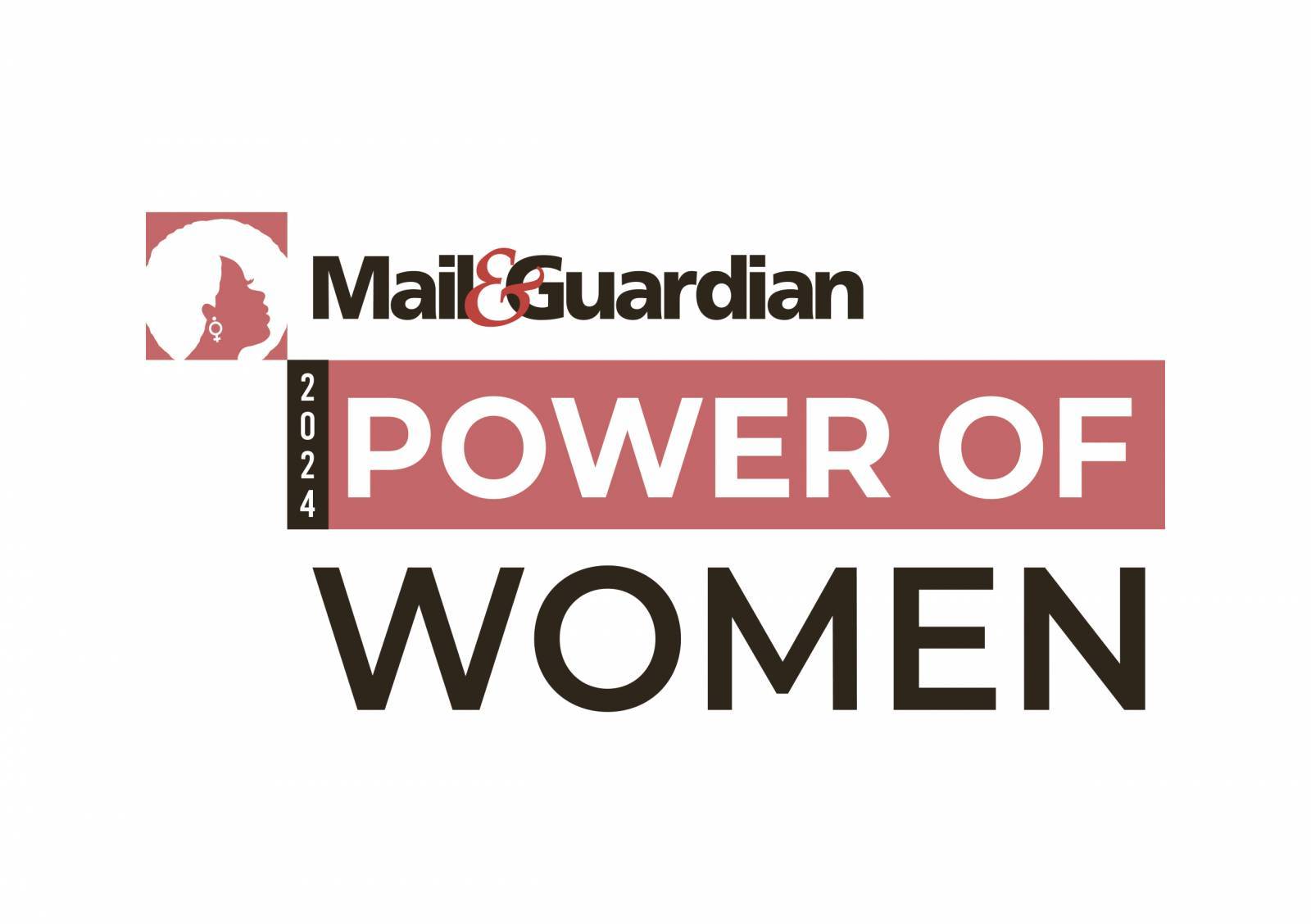
According to a report published on Tuesday by London-based watchdog group Global Witness, foreign companies are relying on so-called "Private Use Permits", which were designed for use by private landowners to allow them to cut trees on their own property.
These permits are instead being used by major companies and now cover 40% of the country's forests, according to the report which was co-authored by the Save My Future Foundation and the Sustainable Development Institute.
Companies holding the permits are not required to log sustainably, and pay little compensation to the government for the right to export the timber. They include companies linked to Malaysian logging giant Samling, which along with its subsidiaries has been involved in cases of alleged illegal logging in countries around the world from Cambodia to Guyana to Papua New Guinea.
Samling said in an emailed statement to the Associated Press (AP) on Wednesday that it was "surprised" by Global Witness's report, adding that Samling "does not have a presence in Liberia"
Over the weekend, President Ellen Johnson Sirleaf suspended the head of Liberia's Forestry Authority, Moses Wogbeh. Presidential spokesperson Jerolinmek Piah told the AP on Monday that Wogbeh is under investigation into an allegation that he violated a land permit issuance moratorium put in place in February. Such a permit grants land to people to do logging activities commercially.
On Tuesday, after the report came out, Liberia's Information Minister Lewis Brown thanked Global Witness for drawing attention to the issues.
"The Private Use Permits have been considered in the past to assist communities in terms of job creation, in terms of support and benefit, but the truth is, we are finding out also, that it has been abused and it is unacceptable," he said. – Sapa-AP


